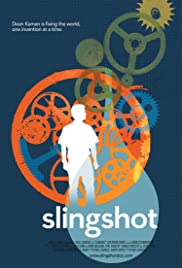
An intimate and inspirational portrait of Segway inventor, Dean Kamen, and his 15-year quest to solve the world’s safe water crisis.
You May Also Like
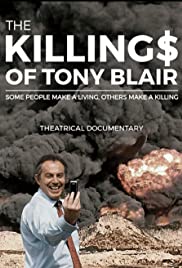
The story of Tony Blair’s destruction of the Labour Party, his well-remunerated business interests, and the thousands of innocent people who have died following his decision to invade Iraq.
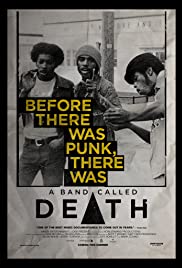
Before Bad Brains, the Sex Pistols or even the Ramones, there was Death. Formed in the early ’70s by three teenage brothers from Detroit, Death is credited as being the first black punk band, and the Hackney brothers, David, Bobby, and Dannis, are now considered pioneers in their field. But it wasn’t until recently — when a dusty 1974 demo tape made its way out of Bobby’s attic nearly 30 years after Death’s heyday — that anyone outside a small group of punk enthusiasts had even heard of them.

The true story of how Amy Winehouse’s best known and most celebrated body of work came into being. Featuring previously unseen footage of Amy, new interviews with producers Mark Ronson and Salaam Remi, and the musicians who worked with Amy on the album, offering fresh insights into Amy’s remarkable gifts as a singer, songwriter, musician and performer
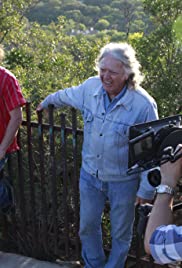
In 1985, former oil rig worker Richard Linklater began a film screening society in Austin, Texas, that aimed to show classic art-house and experimental films to a budding community of cinephiles. Eventually incorporating as a nonprofit, the newly branded Austin Film Society raised enough money to fly in their first out-of-town filmmaker: James Benning. Accepting the invitation, Benning met Linklater and the two began to develop a personal and intellectual bond, leading to many future encounters. Starting in the 1960s, Benning had been creating low budget films mostly on his own, while Linklater had just begun to craft his first shorts. The filmmakers have remained close even as their careers have diverged. After the cult success of Slacker, Linklater went on to make films with Hollywood support. Benning, meanwhile, has stayed close to his roots and is mainly an unknown figure in mainstream film culture.
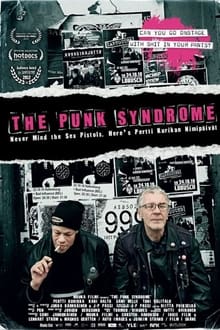
The Punk Syndrome is a film about Finland’s most kick-ass punk rock band, Pertti Kurikan Nimipäivät. The band members, Pertti, Kari, Toni and Sami, are mentally handicapped and they play their music with a lot of attitude and pride. We follow these professional musicians on their journey from obscurity to popularity. We watch them fight, fall in love and experience strong emotions. We witness long days in the recording studio and on tour. They laugh, cry, drink and fight over who gets to sit in the front on the tour bus. Then it’s time to make up and go talk to people in the audience and tell them how great their band is.
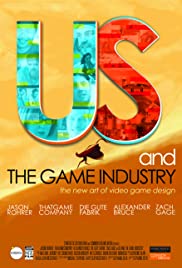
This film follows several independent game developers (Jason Rohrer, thatgamecompany, Douglas Wilson, Zach Gage, Aledander Bruce) examining why they make digital games. The film delves into their creativity and explores some of their thinking and design strategies. Game developers operate in terrain that demands both programming logic and aesthetic quality. The work is hard, however that’s what they want to do. The film explores how the developers go deeper into the notion of entertainment and discovery.

Iraqi-American filmmaker Usama Alshaibi shares his own story of experiencing racism in post-9/11 America. Showcasing the diversity of Arabs living in the United States, “American Arab” sparks a frank conversation about identity and perception, and argues for giving people “the space to be complicated.”
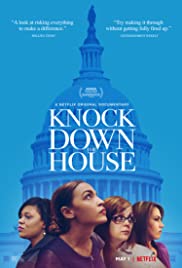
In 2018, a young bartender in the Bronx, a coal miner’s daughter in West Virginia, a grieving mother in Nevada and a registered nurse in Missouri join a movement of insurgent candidates challenging powerful incumbents in Congress. Without political experience or corporate money, these four women are attempting to do what many consider impossible – until one of them pulls off the most shocking political upset in recent American history.

ARE YOU PROUD? meets key campaigners and investigates the organisations and events that have contributed to substantial progress within the western LGBTQ+ liberation movement, focusing on the history of Pride in the UK. It celebrates that progress, whilst exploring the controversial questions over the continuing relevance of the Pride march, and highlights the international battles still to be fought.
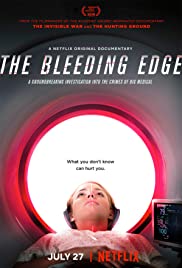
Each year in the United States, unparalleled innovations in medical diagnostics, treatment, and technology hit the market. But when the same devices designed to save patients end up harming them, who is accountable?
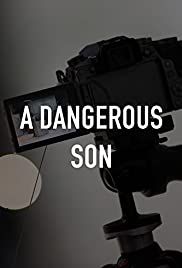
Documentary following three families each coping with a child affected by serious emotional or mental illness. The families explore treatment opportunities and grapple with the struggle of living with their child’s condition.
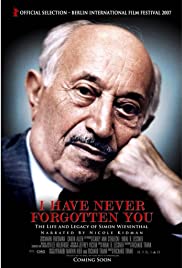
“I Have Never Forgotten You” is a comprehensive look at the life and legacy of Simon Wiesenthal, the famed Nazi hunter and humanitarian. Narrated by Academy Award winning actress Nicole Kidman, it features interviews with longtime Wiesenthal associates, government leaders from around the world, friends and family members–many of whom have never discussed the legendary Nazi hunter and humanitarian on camera. Previously unseen archival film and photos also highlight the film. What was the driving force behind his work? What kept him going when for years the odds were against his efforts? What is his legacy today, more than 60 years after the end of World War Two?